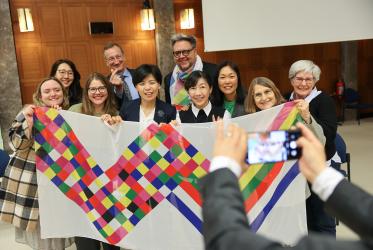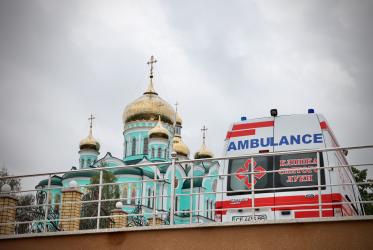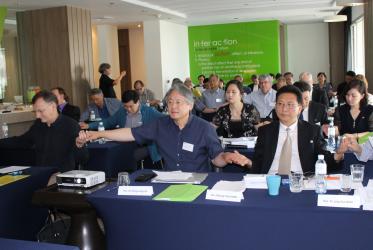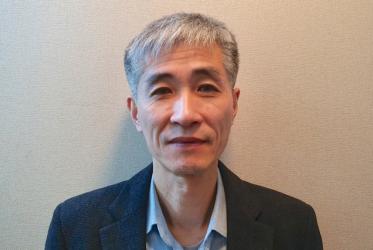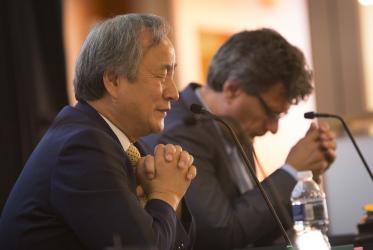Displaying 1 - 13 of 13
Ukraine: Responding to humanitarian need
08 September 2022
Monastery in Ukraine responds to the consequences of war
09 August 2022
Unity is key when health crisis poses new challenges in Asia
28 February 2022
Peace and unity on the Korean Peninsula matters globally
25 February 2021
Rev. Shin Seung-min: “We want to create hope, not despair”
22 December 2020
Bishop Hee-Soo Jung: “Prayer is a radical action”
11 December 2020



